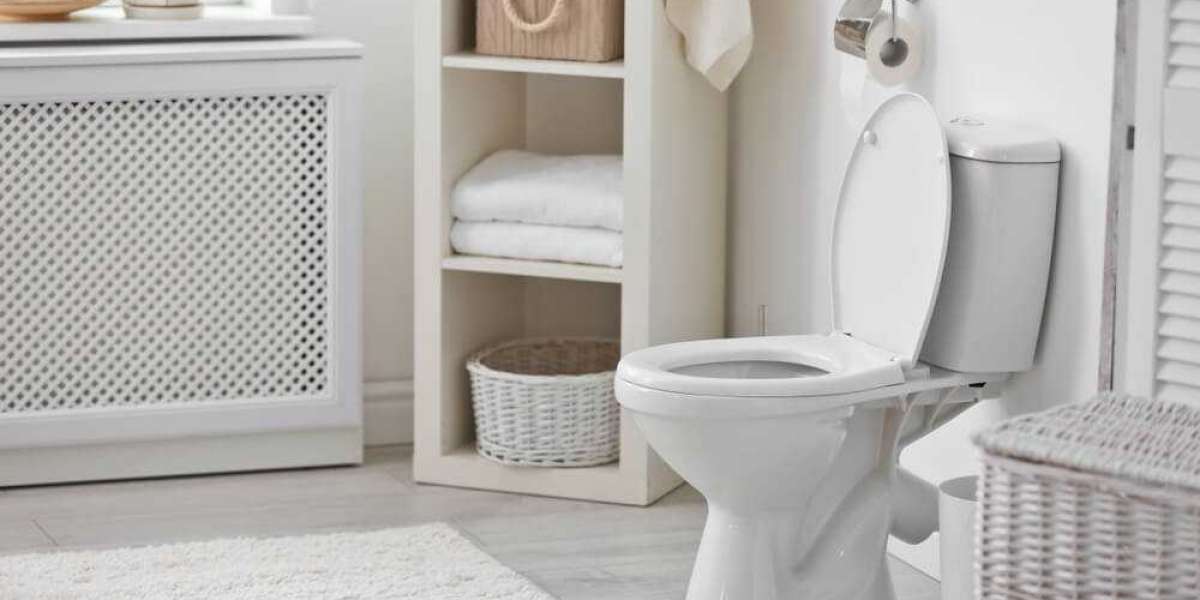Toilet blockages are one of the most common plumbing issues homeowners face. Not only are they inconvenient, but if left untreated, they can also lead to costly repairs and even damage to your home. In Dorchester, where many homes blend historic charm with modern functionality, plumbing systems can vary widely—making it all the more important to practice proper toilet care and prevention.
As your local Dorchester plumber, I’ve seen it all when it comes to toilet troubles. The good news is that most blockages are entirely preventable with a bit of knowledge and routine maintenance.
Understanding Why Toilets Get Blocked
Before diving into prevention, it helps to understand what causes toilet blockages in the first place. The most common culprits include:
Flushing non-flushable items such as wipes, sanitary products, and cotton pads.
Excessive toilet paper use that clogs narrow or older plumbing.
Plumbing issues like slow drainage or poorly installed pipes.
Structural problems such as tree root intrusion or broken drainpipes.
In older Dorchester homes, narrow or outdated pipework is a common factor that increases the risk of blockages. Add to that a few bad flushing habits, and it’s easy to see why this issue affects so many households.
Tip 1: Be Smart About What You Flush
This is the golden rule of toilet care: only flush human waste and toilet paper. It sounds simple, but you'd be surprised how many blockages occur because people treat the toilet like a bin. Even products labelled "flushable" don't always break down quickly enough and can cause clogs.
Items You Should Never Flush:
Wet wipes (even those marked flushable)
Sanitary towels and tampons
Cotton buds and pads
Paper towels and tissues
Dental floss
Hair
Nappies
Instead, keep a small bin in the bathroom for these items and educate all household members about what belongs in the toilet.
Tip 2: Use the Right Amount of Toilet Paper
While toilet paper is designed to dissolve in water, using too much of it can overwhelm your plumbing system, especially in older Dorchester properties. Extra-thick or quilted varieties take longer to break down and can easily contribute to blockages.
Best Practices:
Use only what you need.
Consider switching to thinner, septic-safe toilet paper.
Flush more than once during use if necessary, rather than sending everything down at once.
Tip 3: Maintain Regular Drain Cleaning
Regular cleaning of your toilet and drains helps prevent build-up of grime, soap scum, and limescale. Over time, these materials can collect and restrict water flow.
DIY Cleaning Tips:
Once a week, pour a bucket of hot (not boiling) water into the toilet to help clear minor build-ups.
Use a toilet-safe cleaner monthly to remove limescale and waste residue.
Consider pouring a mixture of baking soda and vinegar into the toilet every few weeks to break down minor obstructions naturally.
For a deeper clean, schedule an annual check-up with a local plumber who can inspect and professionally clean your system.
Tip 4: Install a Toilet Paper Bin for Guests and Children
Children and visitors may not always follow the same rules about what to flush. By placing a visible bin in the bathroom, you gently encourage everyone to dispose of non-flushables properly.
Additional Suggestions:
Post a friendly sign as a reminder of what not to flush.
Teach young children about proper toilet habits.
Choose a bin with a lid to keep your bathroom neat and hygienic.
Tip 5: Look for Early Warning Signs
Catching a potential blockage early can help you avoid a major plumbing emergency. Here are some warning signs to watch out for:
The water level in the toilet bowl is higher or lower than normal.
Flushing takes longer, or the bowl drains slowly.
Gurgling noises come from the pipes.
Persistent unpleasant odours linger around the toilet.
If you notice any of these signs, it’s best to address the problem immediately—either with a plunger or by calling in a professional.
Tip 6: Keep a Quality Plunger Handy
Every household should have a good toilet plunger available. It’s the first tool to use when faced with a minor blockage. Look for a flange-style plunger, which is designed specifically for toilets and provides a better seal than flat-cup plungers.
How to Use a Plunger Properly:
Make sure there is enough water in the bowl to cover the plunger cup.
Position the plunger over the hole and press down gently to form a seal.
Pump vigorously several times, then lift to see if the water drains.
Repeat as needed until the blockage clears.
Avoid using chemical drain cleaners, as they can damage your pipes and are harmful to the environment.
Tip 7: Get Professional Help When Needed
Despite your best efforts, some blockages require the expertise of a professional plumber. If you've tried all the standard methods and the toilet is still blocked, or if the problem keeps returning, it may be time to call for backup.
Situations That Call for a Plumber:
Recurring blockages in the same toilet.
Water backing up into sinks or tubs.
Foul smells coming from drains.
Gurgling sounds throughout the plumbing system.
A qualified Dorchester plumber will have the tools and training to diagnose the issue accurately and solve it effectively. From high-pressure jetting to CCTV drain inspections, local professionals can quickly get your toilet back in working order.
Bonus: Maintain Your Entire Plumbing System
Toilet issues often reflect the health of your overall plumbing system. Schedule routine inspections, especially if you live in an older home. Keeping your entire system clean and functioning smoothly helps prevent not just toilet blockages but a wide range of plumbing problems.
Regular Maintenance Can Include:
Checking water pressure
Inspecting outdoor drains
Cleaning traps and vents
Flushing the water heater
Preventive care is far more affordable and less disruptive than emergency repairs.
Community Matters: Trust Local Expertise
Hiring a local plumber comes with many advantages. A Dorchester-based expert understands the town’s unique plumbing layouts, pipe materials, and common household concerns. Local professionals are also more likely to provide responsive service, flexible scheduling, and honest pricing.
When you build a relationship with a trusted local plumber, you gain peace of mind knowing help is never far away. Plus, you’re supporting your local economy and businesses.
Final Thoughts
Toilet blockages are common but preventable. By following these simple tips and staying aware of your toilet's performance, you can avoid the stress and mess of an unexpected clog. As your local Dorchester plumber, I recommend keeping an eye out for early warning signs, educating your household on proper flushing habits, and scheduling regular maintenance to ensure your plumbing system stays in great shape.
So next time you're tempted to flush that wipe or overload the bowl with paper, think twice. A few small changes in habit can save you from the hassle of Blocked Toilets Dorchester, making your home cleaner, safer, and more comfortable.






